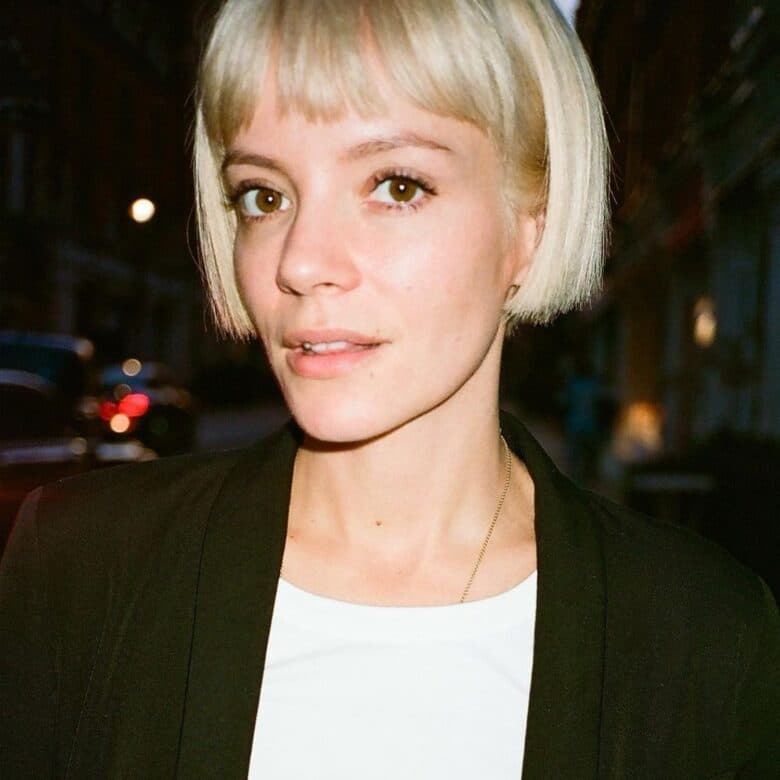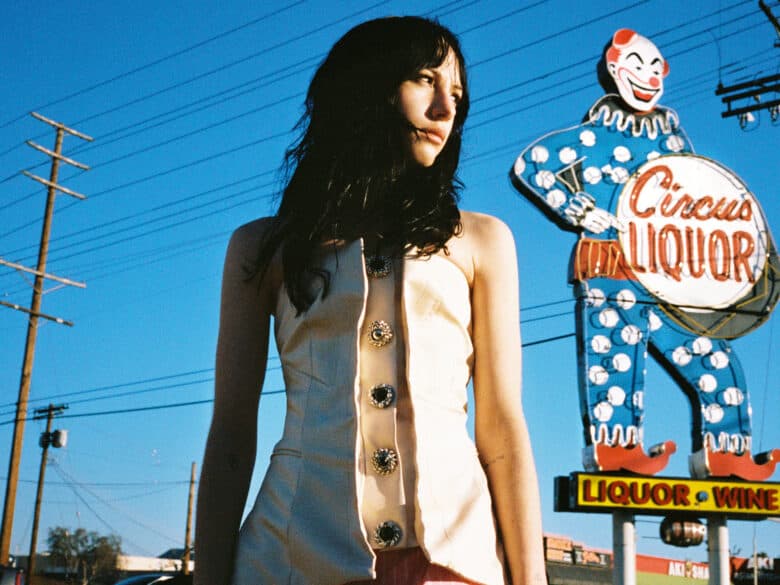Totally Enormous Extinct Dinosaurs in conversation with Flaurese
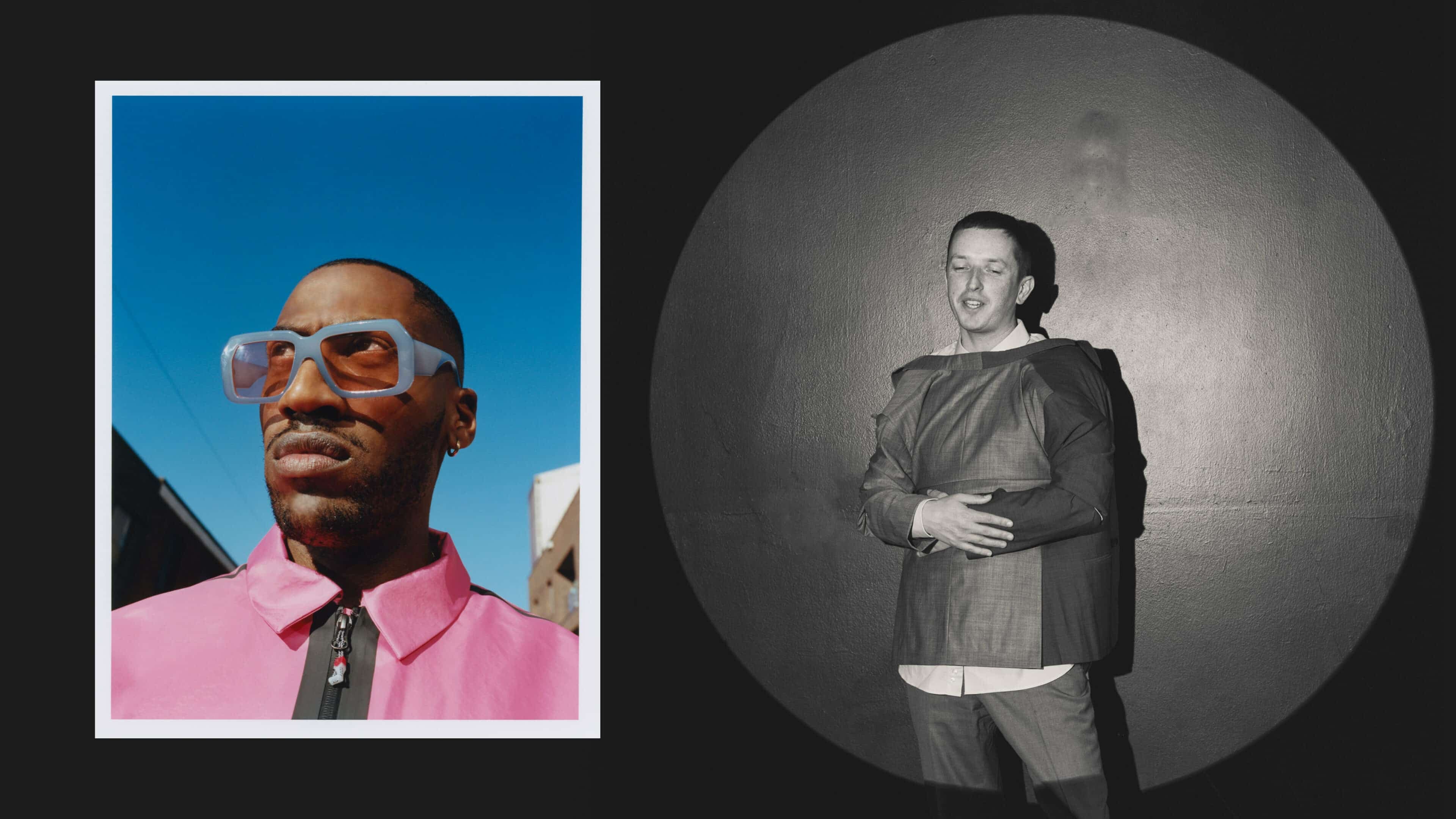
Totally Enormous Extinct Dinosaur (or TEED for short) has cemented himself as a veteran of the electronic world. The Oxford-raised LA-based artist found himself remixing official tracks for the likes of Katy Perry, Lady Gaga and Disclosure throughout the late noughties. After releasing his debut album, Trouble, in 2012, TEED decided to take a 10-year hiatus before returning with this year’s When the Lights go – a new pop-centric record that’s won high praise from fans and critics alike.
DJ and producer Flaurese, on the other hand, released his debut EP, Sake Of Lust, only two years ago. But despite his infancy in the industry, the London-based artist has become one of the most exciting new faces in the world of dance music. The rising star’s latest track, ‘Gaze At Me,’ is a showcase of his ability to create lustrous and groovy soundscapes with ease. Not stopping there, the artist also released his equally impressive EP Over My Shoulder which will undoubtedly soundtrack more than a few memorable nights out. Flaurese’s refreshing take on the genre has caught the eye of many, including TEED – which Flaurese counts as one of his biggest inspirations. Here, the two musicians go back and forth on the current state of dance music, their admiration for each other’s work, and industry experiences.
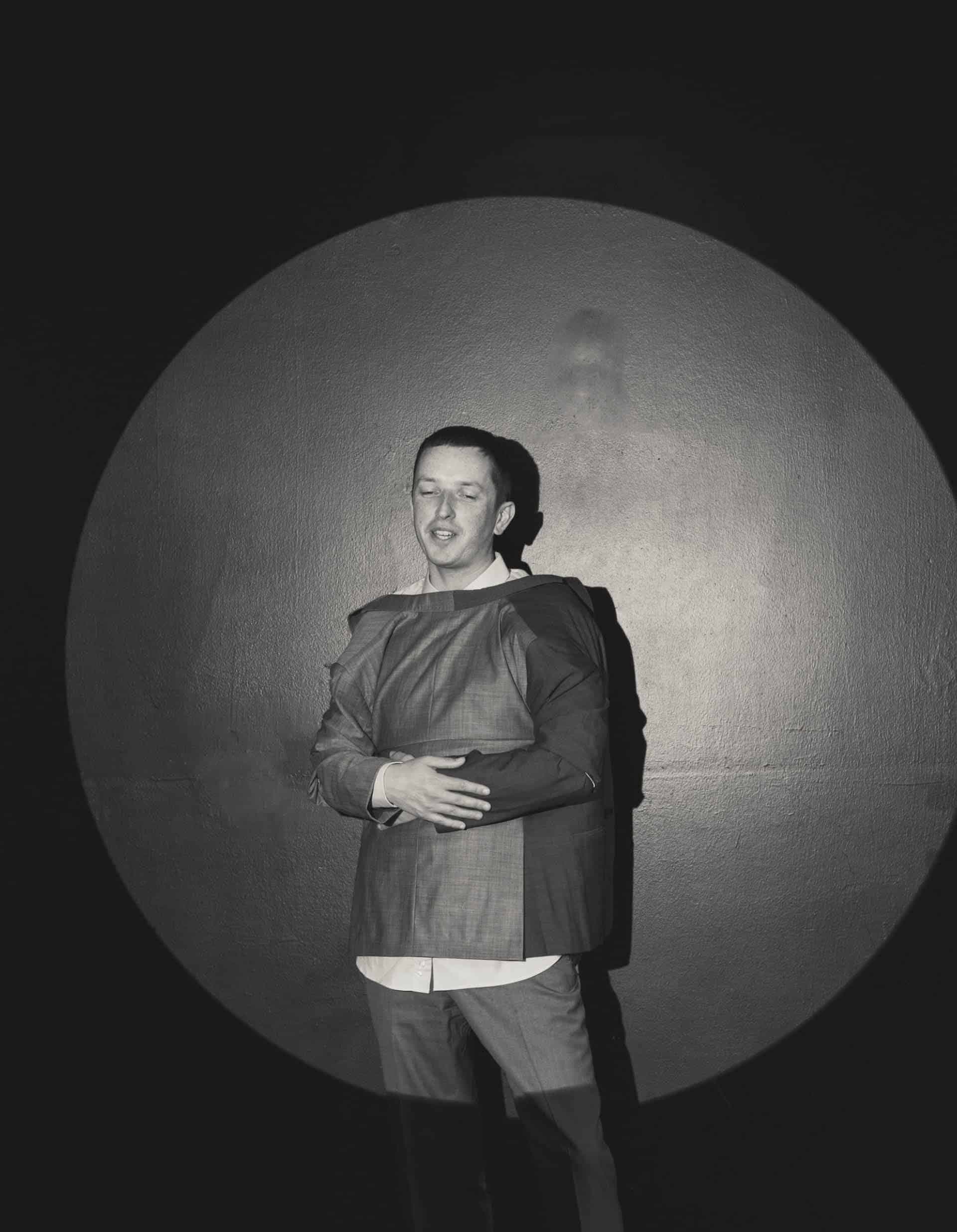
TEED: I think that I first found your music after digging around on Spotify. I’m pretty sure it was your first single — and since then we’ve connected on social media.
Flaurese: For me, it was quite a while back. It was 2011, and someone was playing ‘Waulking Song’ during a guest mix on Radio 1 and I just thought, “Oh, wow.”
TEED: I find a lot of electronic music to be pretty dry, emotionless and unsexy. But with the first tracks I heard of yours, I recognised that there was actual soul, emotion and atmosphere. All of your music is sexy to me. I don’t know how you feel about me saying that, but I think it’s rare in dance adjacent music.
Flaurese: It’s weird you said that, actually, because I think listening to your old stuff the thing that I was drawn to was the bridge between a song and a dance. Traditionally, being able to fit in a short story amongst loads of synthesisers, syncopated drums and whatever else is quite a taxing task.
TEED: Spinning off that for a second, I’ve often wondered why people don’t want to write songs over dance music. There are some good reasons, like it kind of makes it harder to dance to and doesn’t necessarily work on the dance floor. But it’s still funny to me that it doesn’t happen that much because it’s so fun to do.
Flaurese: I feel like there’s a bit of caution about appearing too cheesy or using elements that others might see as cheesy. Just looking deep into archives of dance records, I felt that there was so much more willingness, especially in the 80s or 90s, to create a full-on song and then maybe strip it back afterwards.
TEED: That’s interesting that you use the word cheesy. I associate that with a very unique UK perspective on culture and music. I think British people are terrified of being seen as over-enthusiastic or even just enthusiastic. I think that’s one of the reasons why I left England to be honest with you. Many of the things I wanted to do as an artist would be perceived as cheesy by my contemporaries and my friends in England, even if I didn’t think they were. This idea of cheesiness is just fear, basically — fear of being a bit vulnerable.
Flaurese: What was inspiring you growing up, any albums in particular?
TEED: I think I still resonate with the stuff that I sort of found as a teenager. I still go back to it and it set some kind of cornerstones of my understanding of pop, electronic and my identity as a musician from the beginning. So one of them would be Jill Scott’s Who Is Jill Scott? I have her first album and that sort of changed my life in a lot of ways; I still go back and listen to that all the time.
Flaurese: I wouldn’t necessarily say I’m much of an album person. But I would say, in terms of early influence, it was always my uncle and aunts record collection. Cameo’s album Word Up was something that I always listened to back and forth – because the synth work was just nuts. And obviously, I didn’t even recognise any of that when I was growing up, but I was just like, this sounds cool.
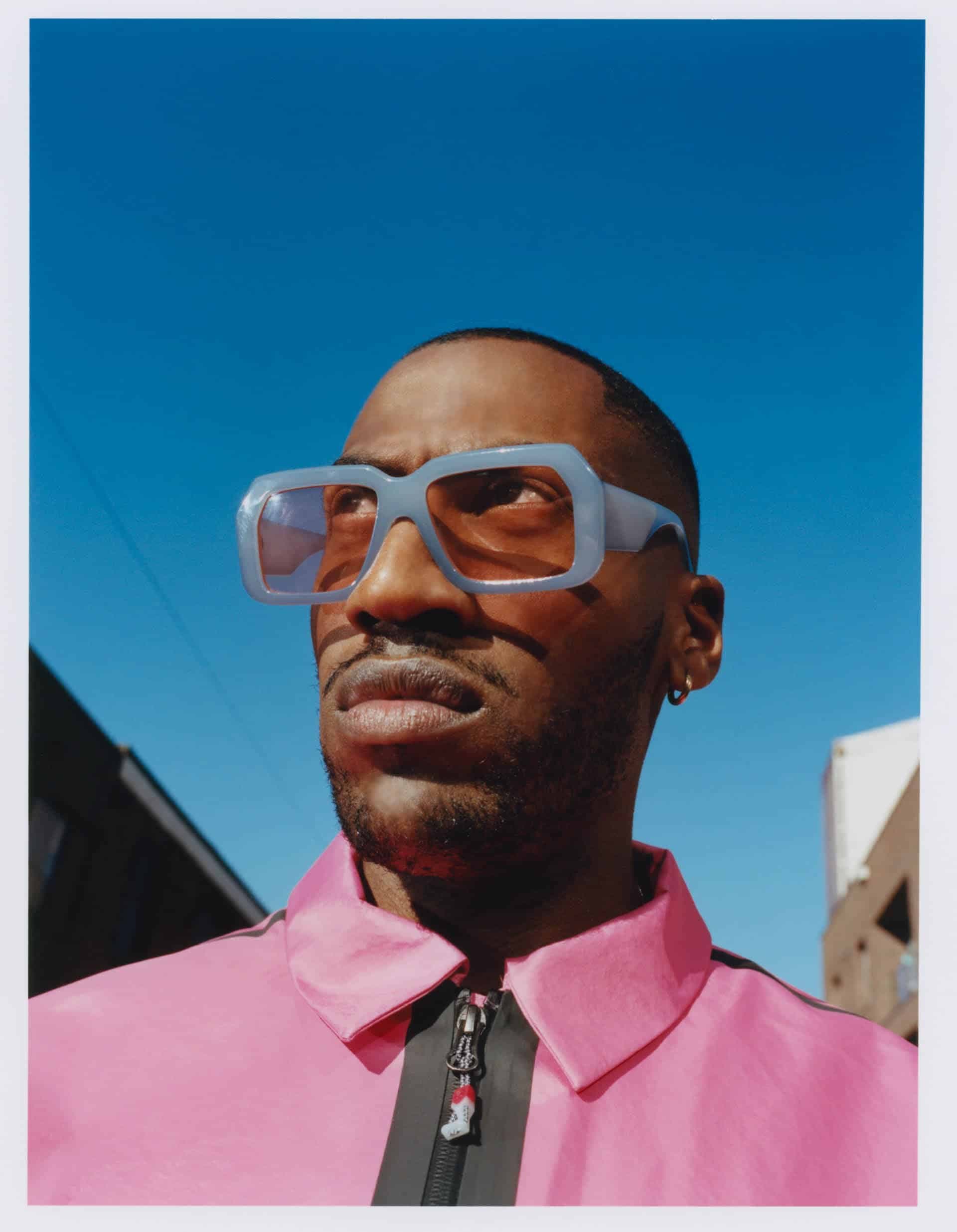
TEED: What were your auntie and uncle listening to? What was in their collection?
Flaurese: I think for the most part it was disco funk. Potentially a few hedonistic-esque records were in there, but it was mainly big chart topping disco and funk. It was these catchy melodies that I always wanted to try and emulate.
TEED: Yeah, dance floor songs. You know, I wonder about that whole dancefloor thing and if you compare what we do with 70s and 80s disco and funk records, we approach writing our music by starting on a computer. Those records, like a Cameo album or any of the classic disco records, were started either by live musicians or a songwriter at a piano, figuring out a song and then making the arrangement – we come at it from the other way around. Most of us start by putting in some drums or a chord progression and we build in these blocks and loops – which aren’t conducive to narrative songwriting.
TEED: I’m quite curious about this one, what has your experience been like in the industry so far?
Flaurese: One thing I’ve learnt is that everyone should be discussing labels, your brand and how you see yourself. When I say brand I mean it as in, what’s the grand scope of your music? One of the good things that I had when I was studying was they instantly taught you how to set something up, how you can self-release, and all this other stuff.
TEED: I definitely agree. To add to that, I wish I’d known how to negotiate when I started. I wish I knew that every deal that was put in front of me, was put in front of me to be negotiated. — and that it was my job to push back on elements of it. Because I definitely signed some bad deals early in my career, which wasn’t necessary. I didn’t know I was allowed to say, “No, I don’t want to do this.” It took me quite a long time to figure that out. So that’s the skill I wish I had early on.
Flaurese: What’s the longest period you haven’t made music for? And what did you do in the meantime?
TEED: Honestly, the longest period is probably like three weeks. I make music as often as I possibly can – I love it. But also, I think it’s almost my sort of meditation and coping mechanism in both an unhealthy and healthy way at this point. There’s no safer place for me than in the studio because I feel that I have a purpose.
Flaurese: What’s the most obscure reference you’ve used, or had in mind whilst writing?
TEED: Sometimes in the studio, you end up talking about very, very fucking abstract things like shapes, colours and textures. I’ll be working with other people and we’ll talk for a whole afternoon about the music needing to feel plastic and spiky and we’ll just go in on that thought. When I’m working on my own, sometimes I imagine that I have a band and I make up characters in my head, so the music has different characteristics. That’s quite weird, but I talk to myself a lot when working alone. And sometimes that bleeds out when I’m working with other people, and I find myself having a chat with myself in front of strangers.
Flaurese: Yeah, I can’t really write a song without having that back and forth.
TEED: I think it’s such a nice process. I don’t know how you feel about it over the years that you’ve written music, but spending time with yourself is a wonderful way to track yourself growing up. It should be an enjoyable, healthy process. It shouldn’t be like pulling a splinter out – It should be something quite sweet and nurturing that you do with yourself.
